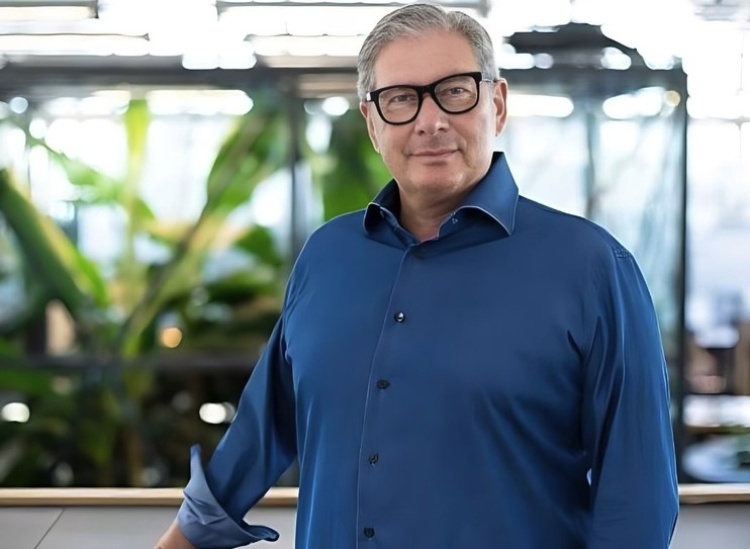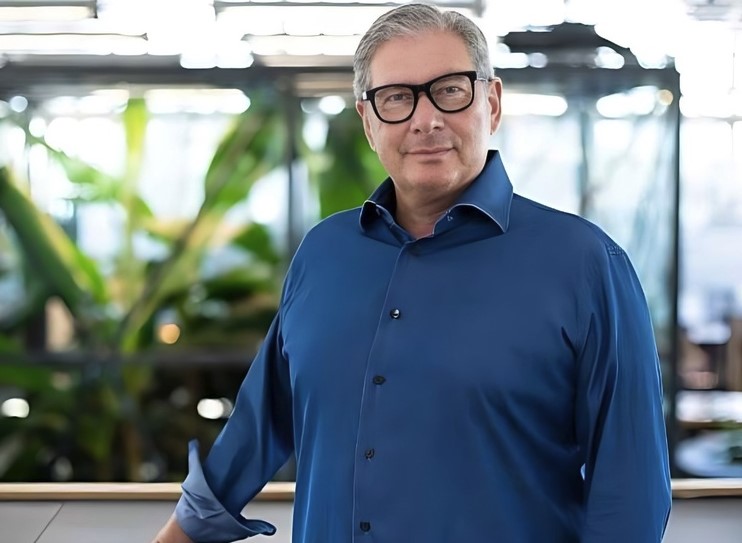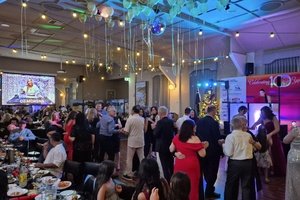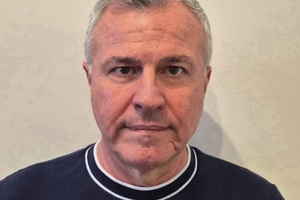MELBOURNE - In 1927, one of the first espresso machine manufacturers, La Marzocco, was founded in Scarperia e San Piero, a small town 35 kilometres from Florence.
The company, which still does all its manufacturing in Italy, has since come a long way. La Marzocco has established itself in the global market with its unmistakable style, characterised by classic and timeless lines.
In the 1990s, their machines arrived in Australia through a distributor, but it was in 2014 that the Florentine company opened its first office in Melbourne, followed by one in Sydney shortly after and eventually spreading to New Zealand.
Since 2018, Guido Bernardinelli has been at the helm of La Marzocco. When he joined the company in 2002, he was its fourteenth employee.
In his 22 years at the company, Bernardinelli has held various key roles as he witnessed and contributed to La Marzocco’s transformation from a small artisanal company to a multinational giant with 11 locations worldwide, 800 employees, and annual revenues exceeding 250 million euros.
Despite all these changes, the company has never abandoned its origins and core values. In fact, it’s these values that make Bernardinelli feel at home and guide his decisions.
“The alchemy of hospitality, togetherness, sharing and welcoming made me understand the importance of putting people at the centre,” Bernardinelli explained during a phone interview while he was visiting Australia.
“The side effect of this humanistic industrial approach,” continued the CEO, “has not only translated into revenue but has also been recognised by our employees themselves.
“Thanks to their feedback, we have secured a significant achievement for the second consecutive year: first place in Italy for the Great Place to Work [award] in the blue-collar category.
To create ideal conditions for their employees, La Marzocco has implemented various strategies, both small and large, to improve the quality of life for workers.
Such strategies include the installation of special lighting that protects the vision of assembly line workers, air conditioning, background music and plants to enhance their working environment.
Additionally, they provide meals, organise parties and events to foster community, and, importantly, hold regular meetings with production staff. These meetings are designed to keep them up to date on important decisions, project progress and company performance, ensuring everyone feels integral to the team.
La Marzocco’s mission statement says the company aims, among other things, to produce extraordinary coffee machines by involving people, heritage, technology, design and sustainability. To address the hindmost, the company has committed to reducing its carbon footprint by transitioning to solar energy.
“We have a dedicated sustainability division,” shared Bernardinelli, “and this year, we have successfully reduced energy consumption by 10 per cent.”
The company is also on track to receive a B Corp certification, which commends their environmental policies, workers’ rights protection and ties to the community and local territory.
La Marzocco has responded to the challenge of climate change not only through solar initiatives but also by planting trees in the Tuscan-Emilian Apennines, Africa, and Ecuador. The company has also dedicated resources to an internal research centre developing an innovative technology aiming to monitor the health of coffee plants remotely.
“Through this technology, we can identify the needs of plants before they become evident on the leaves, such as hydration, shade, or potassium deficiencies, enabling us to intervene promptly and protect African coffee producers from potential crop damage,” explained the CEO.
The goal is to improve the livelihoods of growers and ensure they can sustain their coffee cultivation and secure their primary source of income.
“We cannot solve the world’s problems, but through these programs, we can set an example and inspire other industrial entities to follow suit.”
Guido Bernardinelli emphasised that La Marzocco, like the other 28 espresso machine manufacturers worldwide, owes part of its success to Italian immigrants. He noted that in Australia especially, Italians brought with them the tradition and culture of espresso coffee, which became ingrained in the country’s habits.
Australian consumers, thanks to their fine taste, prevented the expansion of large multinational chains in the country, creating a vibrant market.
As a gesture of gratitude and recognition to the Italian community, La Marzocco has organised an exhibition that will soon reach Australia. The exhibition showcases the history of Italian migration to Brazil, where Italians were went to cultivate coffee after the abolition of slavery.
“To honour Italians and their history, we also produced a documentary, The Rise of Espresso, tracing the journey of coffee through the stories of Italian migrants, from Starbucks to local roasters like those born in Australia,” said Bernardinelli.
The company plans to hold a preview screening at a cinema in Melbourne dedicated to the Italian community.











